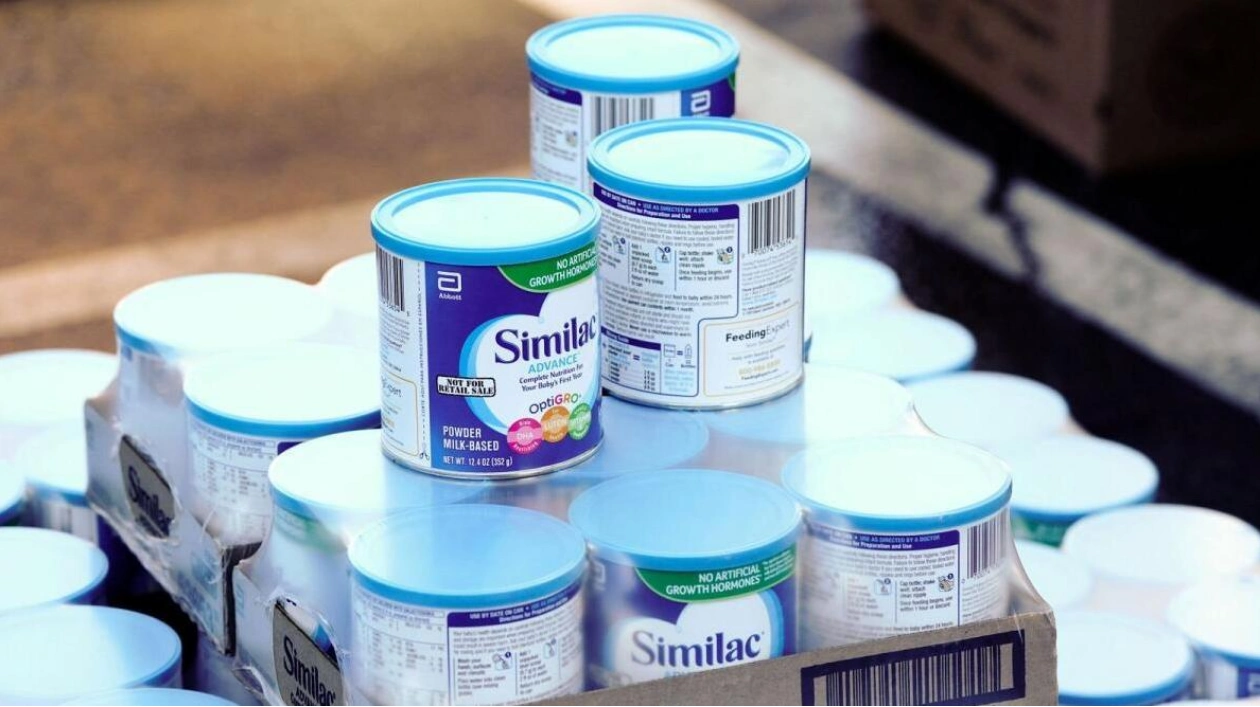Abbott, the manufacturer of Similac baby formula, is set to stand trial on Monday concerning allegations that its formula for preterm infants used in neonatal intensive care units can lead to a potentially fatal bowel disease. This marks the second trial among hundreds of similar lawsuits filed in the United States. Attorneys representing Abbott and Margo Gill, an Illinois resident, will present their opening statements to jurors in St. Louis, Missouri, with the trial anticipated to extend through the remainder of the month. Gill's lawsuit claims that her premature infant developed necrotizing enterocolitis (NEC) due to being fed Abbott's products for premature babies. NEC, which results in the death of bowel tissue, predominantly affects newborns and has a mortality rate ranging from 15% to 40%. Despite her child's survival, the lawsuit states that she suffers from long-term health issues.
All lawsuits concerning NEC involve specialized formulas and products used to fortify mother's milk in hospital settings, rather than standard formula available in stores. Abbott asserts in a statement that these specialized formulas and fortifiers, like the one in question, are regarded as part of the standard medical care and, along with human milk, are the sole options available for feeding premature infants. The company also notes that Gill's child had a traumatic brain injury prior to being fed any Abbott products and that her condition is not attributable to any party.
Approximately 1,000 lawsuits have been filed against Abbott, Enfamil formula maker Reckitt Benckiser, or both in federal or state courts, alleging that cow's milk-based formula products for premature infants caused NEC. Over 500 of these cases are consolidated in an Illinois federal court, with additional cases pending in Illinois, Missouri, and Pennsylvania. The lawsuits argue that the companies did not adequately warn that infants given their products are at a higher risk of NEC compared to those breastfed or given donor milk or human milk-derived formula. Neither Reckitt nor a lawyer for the plaintiffs provided immediate comments.
The initial lawsuit to proceed to trial, against Reckitt in Illinois, concluded with a $60 million jury verdict in March. Reckitt is appealing this verdict, arguing that the plaintiff's case was based on unreliable expert testimony. The litigation has impacted investor sentiment, with Reckitt's share price dropping about 15% following the verdict, and Abbott's declining by approximately 4%. Despite this, analysts at JPMorgan and Barclays believe the companies' ultimate liability is likely to be minimal. The NEC Society, a patient-led nonprofit organization dedicated to combating the disease, has criticized the lawsuits, stating that feeding decisions should be made at patients' bedsides rather than in courtrooms. The organization maintains no financial or other ties with Abbott or Reckitt, according to a spokesperson.
These NEC lawsuits are distinct from the ongoing litigation against Abbott regarding the shutdown of its Sturgis, Michigan, plant and the subsequent recall of baby formula batches due to possible contamination, which exacerbated a nationwide formula shortage in 2022. No trials have been held in these cases.






